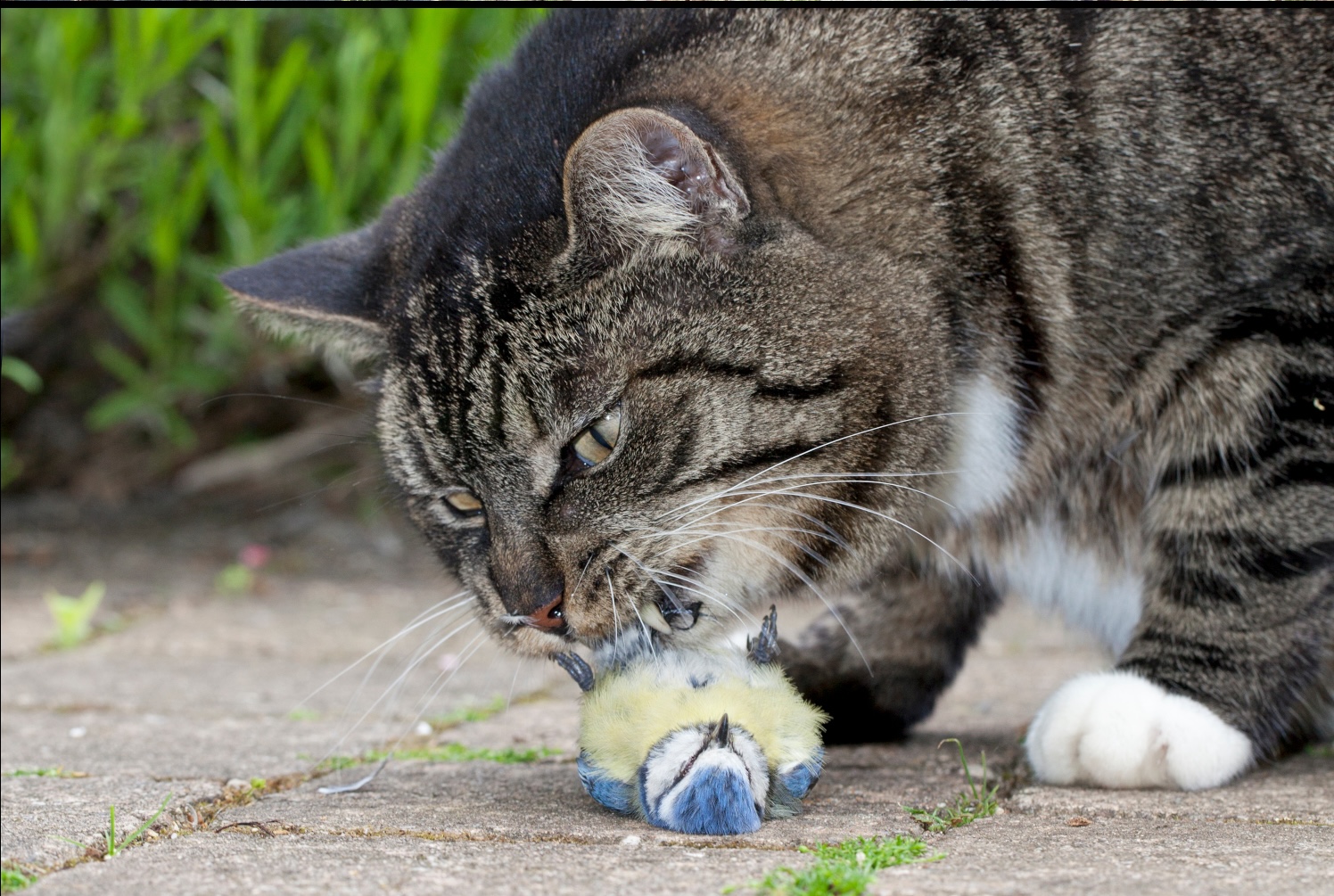by CHRIS NUTTALL-SMITH, The Globe and Mail
Nearly a decade ago, Annabel Soutar, a documentary playwright and theatre director based in Montreal, took her first deep dive into the life of a Saskatchewan grain farmer named Percy Schmeiser who had found himself in trouble with the law. Monsanto, the multinational seed and agricultural products company, had accused Mr. Schmeiser of growing its genetically modified Canola seeds without paying the necessary royalties – of violating the company’s patent rights. But rather than settling the case quietly, Mr. Schmeiser fought the company, claiming that the seeds had blown onto his field unwanted, and that in any case, Monsanto had no right to claim a patent on life.
After nearly three years of travelling the country, poring through court documents and sitting through arguments before Canada’s Supreme Court, Ms. Soutar wrote a play about the conflict, called Seeds, and she’s been reworking it ever since. The play is composed entirely of the words of real players in the case. A new production of Seeds opened in Toronto this past weekend, where it is showing at the Young Centre for the Performing Arts. (An earlier iteration was produced in 2005 in Montreal.) We caught up with Ms. Soutar to ask about her take on the conflict’s enduring legacy, and whether she feeds GMO-based foods to her kids.
You spent a lot of time as you were researching talking with scientists. How often did you find scientists who would raise questions about the safety of genetically modified organisms?
It’s very difficult. Most of the scientists you talk to who have funding and have some sort of legitimacy in the debate are pro-genetic modification. They’ve got money from companies like Monsanto, often to help them develop new products. How are decisions being made in science about truth versus the carrot of funding for research? In order to really test this stuff and really look into it, it requires a lot of money and a lot of time, and it’s very hard right now to get funding to look at possible adverse side effects. The other side has been totally underfunded. That said, I didn’t travel to Europe, where the debate is very different.
The story came to the public’s attention at a time when most Canadians didn’t know much about genetically modified foods. What impact did this case have on Canadians’ perception of GMOs?
Even when this case went to the Supreme Court and it was on TV and in all the newspapers, I don’t think the Canadian public was saying, ‘Oh my God, I’ve got to be careful of GM foods.’ The case had a much larger impact in Europe and in India, but ironically, North America was completely ambivalent about it. For whatever reason we just weren’t politicized around it. We’ve certainly learned much more about genetically modified foods since then and I think it’s come more to the public consciousness. The question is, are we doing anything about it? How do we animate what is a very, very dense issue so that people can face it? It’s important for the public to engage on this.
Throughout your play, the characters often refer to this case as a story of David and Goliath. How likely are we to see more cases like this in the future?
I think Monsanto was very surprised by how much public attention Percy Schmeiser brought to this issue of GM foods. This is not something that they anticipated. They were not expecting it to get all the way to the Supreme Court. They lost a huge public relations battle because of this case and they continue to do so. But legally, this case was the moment where their patent became enforced. They won. They won 5-4, and I think around the world, people said, ‘My God. In Canada if this guy was not able to overturn this, to have Monsanto’s patent overturned given how much money he spent and how much trouble he went to, it’s going to be very hard for anyone to stand up again.’
As I was reading your script, the main character, Percy Schmeiser, just came off as kind of weaselly to me. It isn’t clear by the end if maybe he did just plant those seeds and then lie about it. What kind of impact did that have on the case’s ability to transcend Canadians’ ambivalence?
For me, that was gold in terms of storytelling. It’s a much more interesting and theatrical story if someone who you think is a perfect hero at the beginning of the play turns out to potentially have fabricated this entire story. I love endings like that, where you’re just not sure, because it forces the viewer to do their own research, to make their own assessment. You haven’t wrapped it all up perfectly for them, so it throws the questions back onto their plate.
But was it frustrating to activists who got behind him? Absolutely, because they knew he was the perfect vehicle for their story. Everybody responded to the farmer versus Monsanto. Yet you didn’t have lobby groups getting 100 per cent behind him until the case got all the way to the Supreme Court, and the case got away from the question of whether he lied.
You have two daughters. How far out of your way do you go to avoid feeding them foods that are made with GMO products?
Not that far. Nothing is labelled in Canada – in fact it’s not permitted for companies to write on a food label that something’s genetically modified. And at this point, have I found the scientific evidence to prove that it has a direct consequence on human health? No. I make choices every day. And I try to make the right choices. But I typically don’t have the information I need to make the right choices, so I have to ask, how far out of my way am I going to go? I’m a little lost along with everybody.
EFF to Third Circuit: Electronic Device Searches at the Border Require a
Warrant
-
EFF, along with the national ACLU and the ACLU affiliates in Pennsylvania,
Delaware, and New Jersey, filed an amicus brief in the U.S. Court of
Appeals f...
10 hours ago


















No comments:
Post a Comment